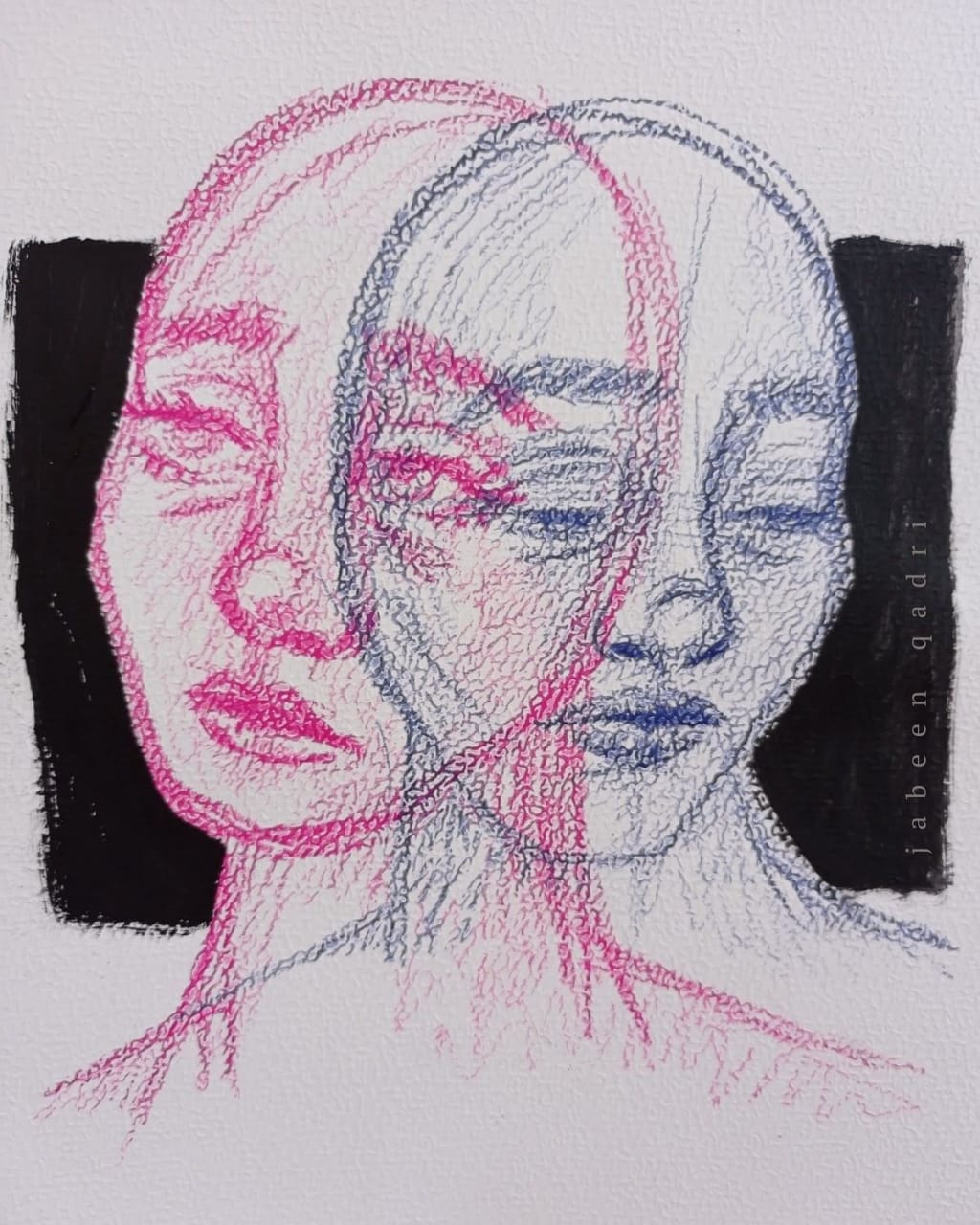
Introduction:
Bipolar disorder and addiction are two distinct yet interconnected challenges that impact the lives of millions worldwide. Bipolar disorder, characterized by extreme mood swings, and addiction, a compulsive dependence on substances or behaviors, often coexist, creating a complex web of physical and mental health struggles. In this article, we explore the relationship between bipolar disorder and addiction, shedding light on the challenges individuals face, the importance of integrated treatment, and the path to recovery and resilience.
Understanding the Connection:
The link between bipolar disorder and addiction is significant. Many individuals with bipolar disorder turn to substances or addictive behaviors as a way to cope with the intense mood fluctuations and emotional turmoil they experience. Conversely, substance abuse can exacerbate the symptoms of bipolar disorder and trigger episodes of mania or depression. This dual diagnosis presents unique challenges, as both conditions need to be addressed concurrently for effective treatment.
The Vicious Cycle:
The intersection of bipolar disorder and addiction creates a vicious cycle. Substance abuse can disrupt the stability of mood, impair decision-making, and exacerbate the risk of self-harm. In turn, the emotional volatility and impulsivity associated with bipolar disorder can fuel addictive behaviors, leading to a deeper entrenchment in substance abuse. Breaking this cycle requires a comprehensive approach that addresses both conditions simultaneously.
Integrated Treatment Approaches:
To effectively address the challenges of bipolar disorder and addiction, integrated treatment approaches are essential. This approach involves a collaboration between mental health professionals and addiction specialists to develop personalized treatment plans. It may include a combination of medication for bipolar disorder, therapy, support groups, and addiction counseling. Integrated treatment acknowledges the interconnected nature of these conditions and aims to provide comprehensive support for individuals.
Building a Supportive Network:
A strong support network is crucial for individuals navigating the complexities of bipolar disorder and addiction. Friends, family, and support groups can provide emotional support, understanding, and encouragement throughout the recovery journey. Education about both conditions is vital to reduce stigma and foster empathy within the community. By promoting open conversations, we create a safe space for individuals to seek help and share their experiences without judgment.
Cultivating Resilience:
Recovery from bipolar disorder and addiction is a journey that requires resilience and determination. Building resilience involves developing coping mechanisms, stress management strategies, and self-care practices. Engaging in activities that promote physical and mental well-being, such as exercise, mindfulness, and creative outlets, can contribute to stability and personal growth. It is important to recognize that setbacks may occur, but with perseverance and support, individuals can navigate the challenges and find strength in their recovery.
Addressing Underlying Trauma:
Trauma can be a significant factor in the development of both bipolar disorder and addiction. It is essential to address any underlying trauma through therapy or counseling as part of the recovery process. By working through past experiences and developing healthy coping mechanisms, individuals can better manage their mental health and reduce the risk of relapse.
Recovery and Beyond:
Recovery from bipolar disorder and addiction is a lifelong journey. It requires ongoing commitment, self-reflection, and a dedication to maintaining a healthy lifestyle. Peer support groups, therapy, and continued education about both conditions can provide ongoing guidance and empowerment. With proper treatment, support, and a resilient mindset, individuals can reclaim their lives and create a brighter future.
Conclusion:
The coexistence of bipolar disorder and addiction presents complex challenges that require a holistic and integrated approach. By understanding the connection between these conditions, promoting awareness, and providing comprehensive treatment, we can offer individuals the support they need to navigate their recovery journey. Let us foster empathy, reduce stigma, and build a society that recognizes the resilience and potential within
About the Creator
nour jay
I like to write about mental health and my own experience






Comments
There are no comments for this story
Be the first to respond and start the conversation.